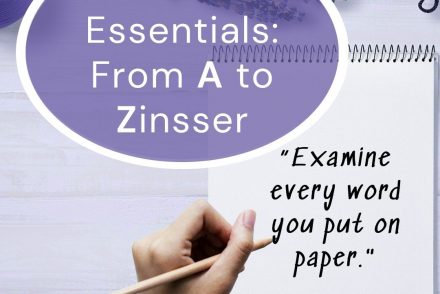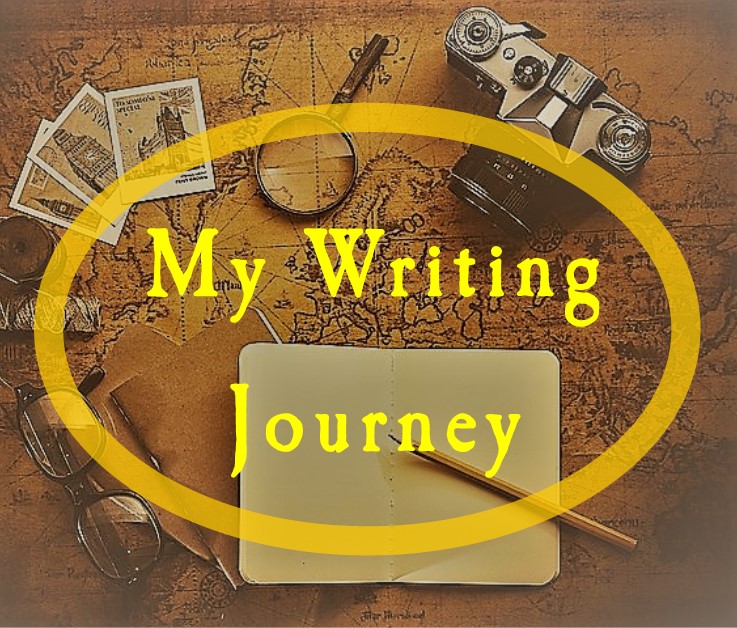
Need Inspiration? Try these Writing Mantras
So many things can hinder our writing. Our lives are filled with distractions and competing commitments, while our inner…
April 24, 2022
So many things can hinder our writing. Our lives are filled with distractions and competing commitments, while our inner…
April 24, 2022
“The writer, his eye on the finish line, never gave enough thought to how to run the race.” William…
September 21, 2021
Twenty-four years ago, I experienced one of the most embarrassing moments of my life: I fell off the commode…
April 29, 2021
I learned in physical therapy every brain injury is different, no one can predict how a T. B. I.…
March 29, 2021
“I am the Alpha and the Omega, the Beginning and the End.” Revelation 21:6 (NIV) Do you finish what…
January 2, 2021
The writer’s life is full of challenge and discouragement, rejection and struggle. The famous authors we admire surely never…
December 11, 2020
As you are reading this, it is December, the last month in the slog that has been 2020. Many…
December 6, 2020
For years, I taught full-time, but it never quite satisfied my longing to create—to put into practice what I…
October 11, 2020
In the early 1920s, a young boy who hadn’t cared much for reading became enthralled with Jack London’s The Call…
June 14, 2020
So, how’s life going, y’all? As I write this post, our country has been in pandemic lockdown for over…
June 6, 2020
One of my family’s favorite series to binge watch is the survival show Alone. From the comfort of our…
May 5, 2020
When you first start working on a new book, everything feels great. But then somewhere along the way, something…
March 24, 2020
“Janine?” Where are you?” I don’t know why my husband asked me that. He knew where to find me–…
October 3, 2018